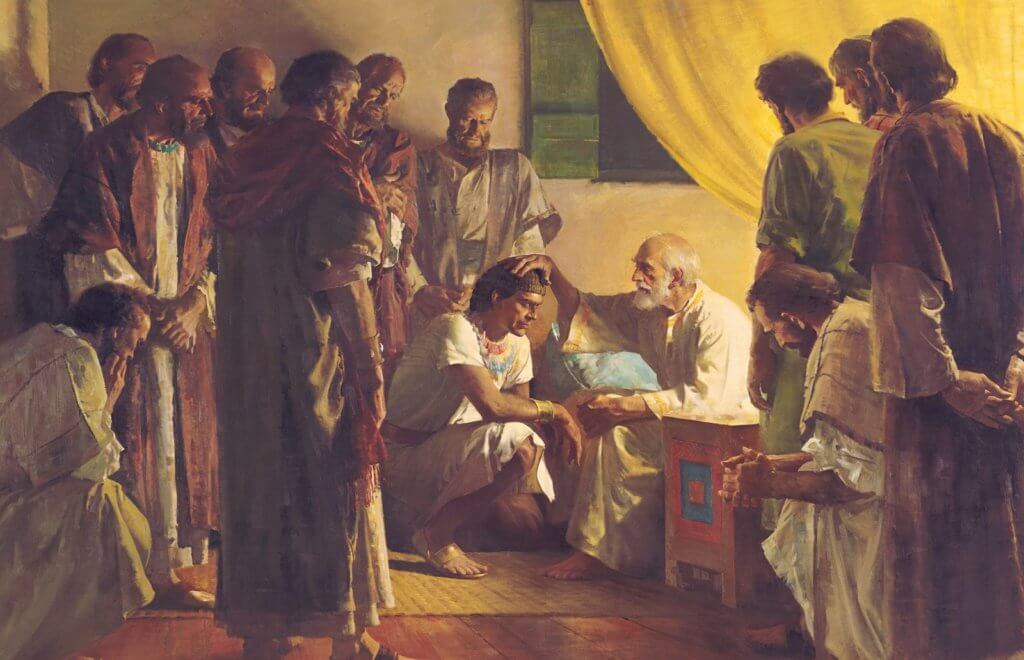Why Should We Continue to be Members of the Church?
Question: If the scriptures say the end-time church has apostatized, why should we continue to be members of it? Answer: Although there exist many prophecies that speak of a general apostasy of God’s end-time people—and of the judgments of God that come upon all nations as a consequence—a prophecy of the church’s ceasing to exist […]
Why Should We Continue to be Members of the Church? Read More »













